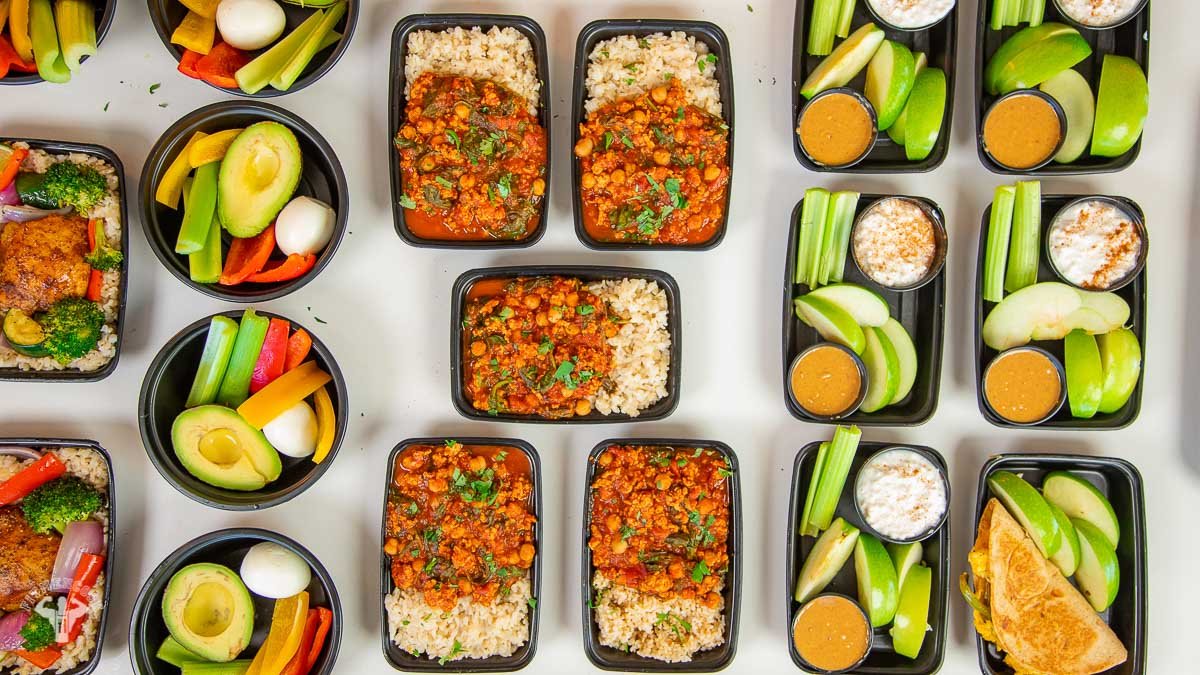
Title: Powering Progress: Crafting Effective Strength Training Meal Plans in the Philippines
Introduction:
In “Powering Progress: Crafting Effective Strength Training Meal Plans in the Philippines,” we delve into the crucial role that well-structured meal plans play in optimizing strength training outcomes. From understanding the importance of nutrition to exploring practical strategies for crafting meal plans tailored to the needs of individuals in the Philippines, this article aims to empower readers to fuel their fitness journey and achieve their strength training goals.
-
Understanding the Importance of Nutrition
- Proper nutrition is essential for supporting strength training goals such as muscle growth, recovery, and overall performance.
- Nutrition provides the building blocks for muscle repair and growth, as well as the energy needed to fuel workouts and recover effectively.
- In the Philippines, where dietary preferences and cultural influences may vary, understanding how to create meal plans that align with local cuisine and dietary habits is crucial for success.
-
Key Components of Strength Training Meal Plans
- Protein: Protein is essential for muscle repair and growth. Include lean protein sources such as chicken, fish, tofu, eggs, and legumes in each meal to support muscle recovery and development.
- Carbohydrates: Carbohydrates provide the energy necessary for intense strength training workouts. Opt for complex carbohydrates like brown rice, quinoa, sweet potatoes, and whole grains to sustain energy levels throughout the day.
- Healthy Fats: Healthy fats play a role in hormone production and joint health. Incorporate sources of healthy fats such as avocados, nuts, seeds, and olive oil into your meals for optimal nutrition.
- Micronutrients: Ensure your meal plan includes a variety of fruits and vegetables to provide essential vitamins, minerals, and antioxidants that support overall health and recovery.
-
Meal Planning Strategies
- Determine Caloric Needs: Calculate your daily calorie requirements based on factors such as age, gender, weight, activity level, and fitness goals.
- Meal Timing: Distribute your daily calories and macronutrients evenly across meals to support energy levels, muscle recovery, and performance throughout the day.
- Pre- and Post-Workout Nutrition: Consume a balanced meal or snack containing carbohydrates and protein before and after strength training workouts to fuel performance and support muscle repair and growth.
- Hydration: Stay hydrated by drinking an adequate amount of water throughout the day, especially before, during, and after workouts to maintain optimal performance and recovery.
-
Adapting Meal Plans to Local Cuisine
- Incorporate Local Ingredients: Utilize locally available ingredients and traditional Filipino dishes to create nutritious and flavorful meals that align with strength training goals.
- Balance and Moderation: While Filipino cuisine may include dishes that are high in fat or carbohydrates, focus on balance and moderation to create meal plans that support strength training without sacrificing cultural preferences.
-
Seeking Professional Guidance
- Consult a Registered Dietitian or Nutritionist: For personalized guidance and support, consider consulting a registered dietitian or nutritionist who can create customized meal plans tailored to your individual needs, preferences, and goals.
- Utilize Online Resources: Take advantage of online resources, meal planning apps, and reputable websites that offer evidence-based nutrition information and meal planning tools.
Conclusion:
“Powering Progress: Crafting Effective Strength Training Meal Plans in the Philippines” emphasizes the importance of nutrition in optimizing strength training outcomes. By understanding the key components of strength training meal plans, implementing practical meal planning strategies, and adapting to local cuisine, individuals in the Philippines can fuel their fitness journey and maximize their strength training progress. Whether you’re a beginner or an experienced strength trainer, prioritizing nutrition and crafting effective meal plans is essential for achieving your fitness goals and sustaining long-term success.
No Comments Yet